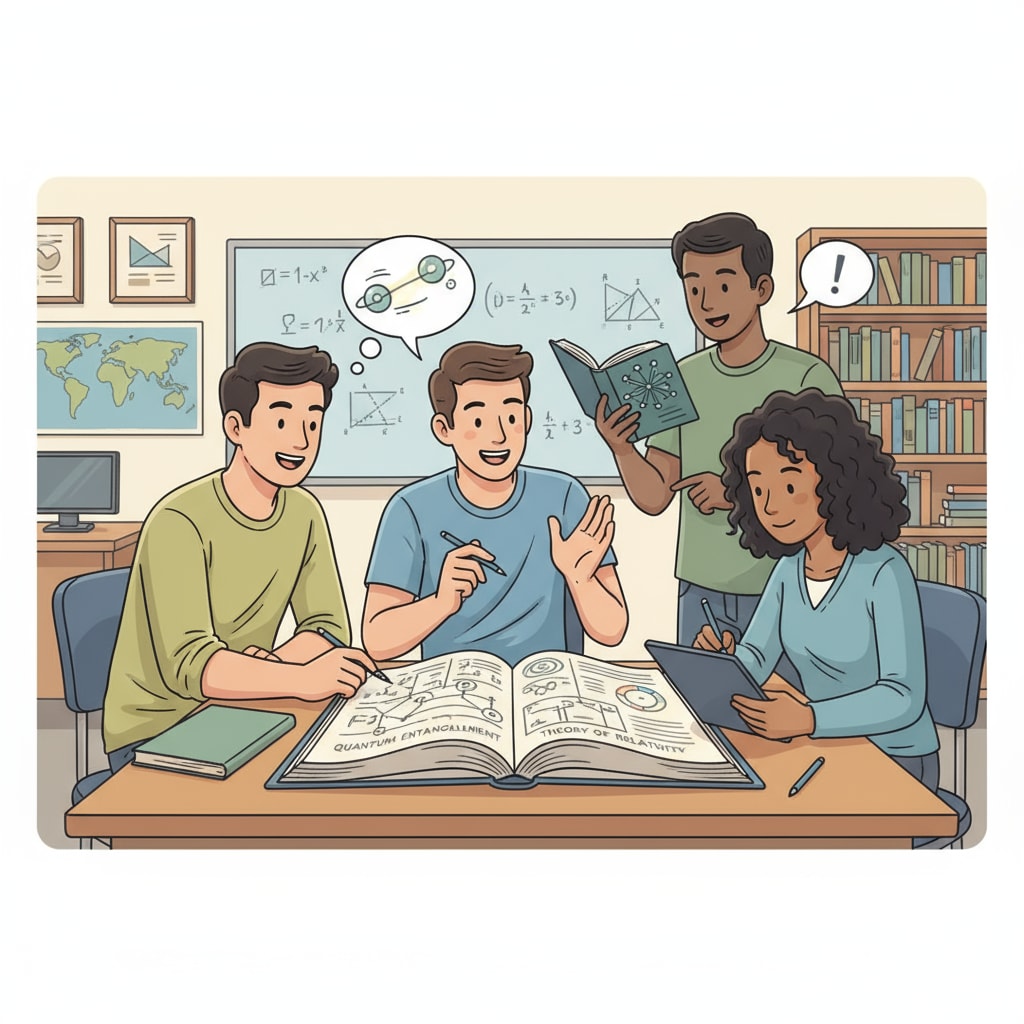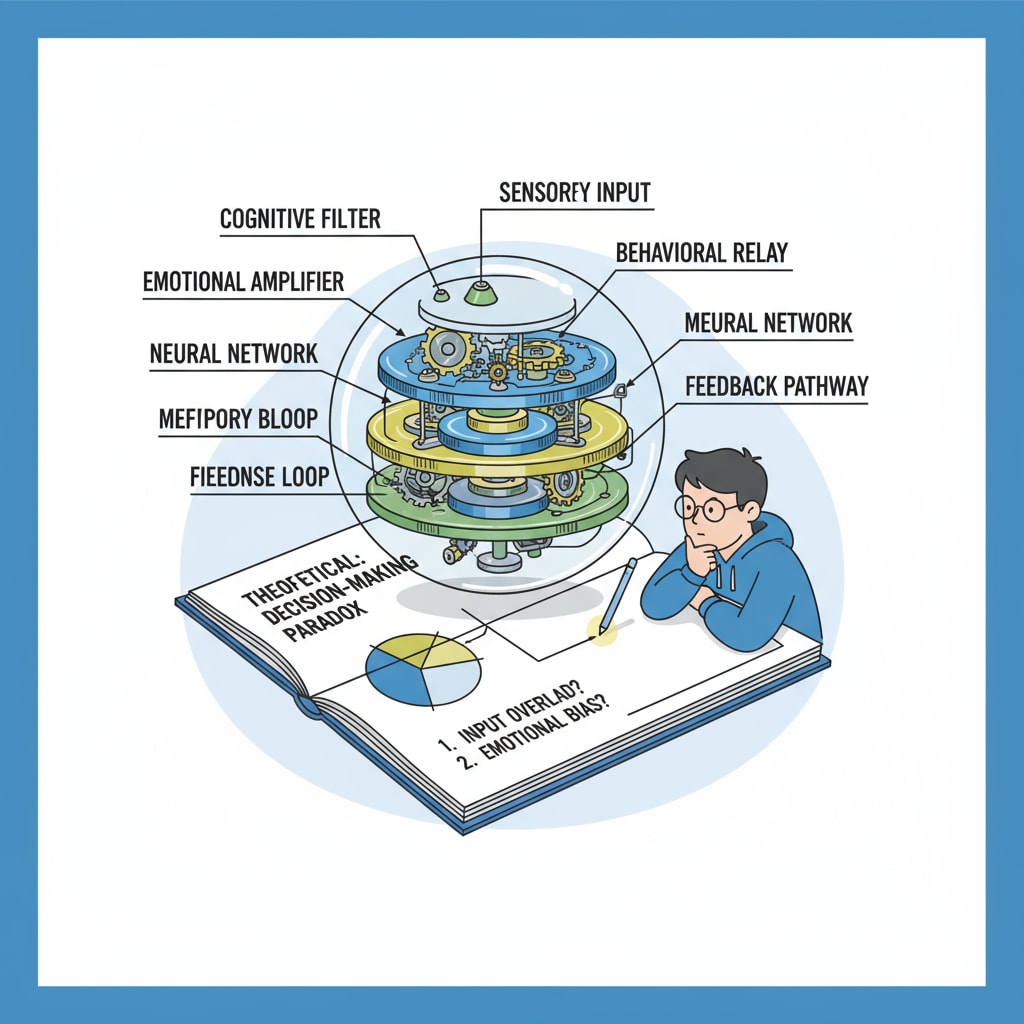Theoretical learning, attention deficits, and practical learning are important aspects to consider when it comes to helping students with attention issues master theoretical subjects. For students who struggle with attention deficits and have a practical learning style, traditional ways of learning theoretical disciplines may not be as effective. However, with the right strategies, they can still excel. Let’s explore some of these strategies.

Understanding the Challenges
Students with attention deficits often find it difficult to focus during long lectures or while reading theoretical texts. Their minds may wander, making it hard to absorb and retain information. In addition, their practical learning nature means they prefer hands-on activities. This mismatch between their learning style and the requirements of theoretical learning can lead to frustration and poor academic performance. For example, in a history class filled with long descriptions of events, these students might struggle to stay engaged. Attention Deficit Hyperactivity Disorder on Wikipedia
The Reverse Learning Strategy
The “starting from problems” reverse learning strategy can be a game-changer. Instead of starting with the textbook and trying to understand complex theories from the beginning, students can begin with real-world problems. By identifying a problem, they can then work backward to find the theoretical knowledge needed to solve it. This approach makes the learning process more engaging as it gives them a clear purpose. For instance, in a physics class, instead of starting with the laws of motion theory, students can start with a problem like why a ball thrown in the air follows a certain path.

Another benefit of this strategy is that it helps students build connections between different pieces of knowledge. When they are looking for solutions to a problem, they may need to draw on various concepts from different chapters or even different subjects. This cross-disciplinary approach enriches their understanding and makes it easier to remember the information.
In conclusion, by understanding the unique challenges faced by students with attention deficits in theoretical learning and implementing strategies like the reverse learning approach, we can help these students overcome their difficulties. This will not only improve their academic performance but also boost their confidence in dealing with theoretical subjects. With the right support and strategies, students with attention deficits and a practical learning style can thrive in theoretical disciplines.
Readability guidance: Using short paragraphs and lists helps summarize key points. Try to provide a list under each H2. Control the proportion of passive voice and long sentences. Incorporate transition words (however/therefore/in addition/for example/as a result, etc.) throughout the text.


